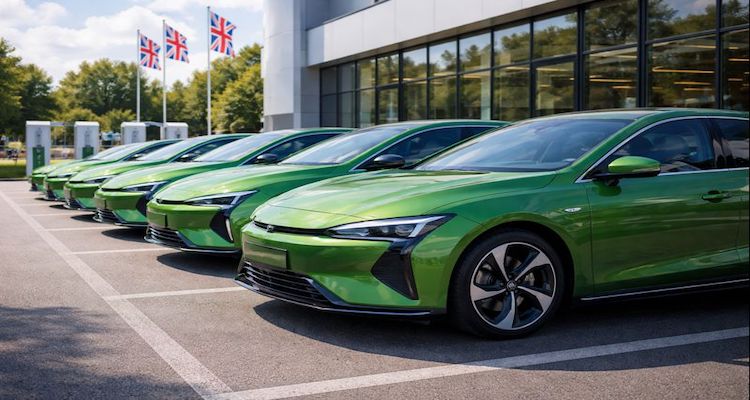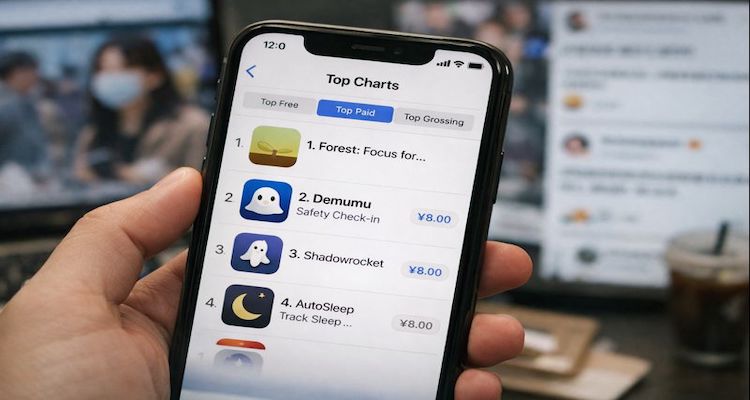How Lab-Grown Coffee Could Change Morning Rituals Forever

Lab-grown coffee is emerging as a sustainable, climate-friendly alternative. Could it reshape global supply chains and redefine our morning rituals?
Introduction: A Cup of the Future
For millions, mornings don’t truly begin until the first sip of coffee. The aroma, warmth, and ritual are as important as the caffeine itself. But what if the coffee in your cup never came from a farm in Brazil, Colombia, or Ethiopia? What if it was brewed from beans grown not in soil, but in a laboratory? Lab-grown coffee, once a futuristic concept, is rapidly becoming a reality—and it could transform one of humanity’s most beloved daily rituals.
Context & Background: Why Reinvent Coffee?
Coffee is the world’s second most traded commodity after oil, fueling a $100 billion global industry. Yet its future faces steep challenges: climate change threatens yields, smallholder farmers struggle with unstable prices, and the growing demand for sustainable products is pressuring the industry.
Traditional coffee farming requires vast land, water, and resources. Rising temperatures and unpredictable rainfall are pushing plantations uphill, disrupting ecosystems, and endangering biodiversity. Against this backdrop, scientists and startups are racing to reinvent coffee through cellular agriculture—producing it in bioreactors instead of fields.
Main Developments: Brewing Without Beans
Unlike plant-based coffee substitutes, lab-grown coffee is real coffee, produced by cultivating coffee cells in controlled environments. The process involves taking small samples from coffee plants and replicating their growth in nutrient-rich bioreactors. These cells can be processed to create a powder or liquid concentrate that mirrors the chemical profile of traditional coffee.
Startups in Europe, North America, and Asia are already experimenting with lab-grown coffee prototypes. Some claim the final product delivers the same flavor notes—nutty, earthy, fruity—that consumers expect, while significantly reducing environmental impact. Because the process bypasses farming, it uses less land and water, eliminates pesticides, and could cut carbon emissions linked to deforestation and global shipping.
Expert Insight & Public Reaction
“Lab-grown coffee isn’t just about novelty—it’s about resilience,” says Dr. Maria Lopez, a food sustainability researcher. “As climate pressures mount, we need alternative ways to secure global coffee supply chains.”
The public reaction, however, is mixed. Coffee enthusiasts are skeptical about whether lab-grown brews can replicate the complexity of a Kenyan pour-over or the richness of an Italian espresso. Ethical consumers, on the other hand, are intrigued by the possibility of drinking guilt-free coffee that spares forests and reduces farmer exploitation.
Meanwhile, baristas and specialty roasters face a dilemma: embrace the science or defend tradition. For many, the cultural and artisanal value of coffee lies in its origin story—the soil, altitude, and weather that shape its flavor. Can lab-grown beans ever capture that romance?
Impact & Implications: Redefining Morning Rituals
If lab-grown coffee scales affordably, the ripple effects could be enormous.
- For the environment: Reduced deforestation, lower emissions, and sustainable production.
- For farmers: Potential displacement, but also opportunities to shift into niche, high-value markets.
- For consumers: A new wave of products that balance taste with conscience.
- For culture: A challenge to the idea that authenticity comes only from tradition.
Morning rituals might no longer be tied to distant plantations. Instead, the coffee in your mug could be brewed locally in biotech labs, personalized for flavor, strength, and even nutritional benefits. Imagine “designer coffee” crafted to your exact caffeine tolerance.
Conclusion: The Future of the Daily Brew
Coffee has always been more than a drink—it’s a ritual, a comfort, and a social connector. Lab-grown coffee won’t erase that, but it may reshape how we think about sustainability, taste, and tradition. Whether it becomes a niche product or a mainstream staple, one thing is certain: the future of coffee is brewing in a lab, and your morning routine may never be the same again.
Disclaimer : This article is for informational purposes only and does not constitute dietary, medical, or financial advice.










